Improving Physical & Emotional Health
The good news about unhealthy or self-defeating thoughts and habits is that they can be turned around. The mind and the body are resilient and adaptive to change. Together we can focus on caring for the mind and body, addressing habits and behaviors ranging from unhealthy eating, reliance on mood altering substances or ineffective coping styles. Individuals can make positive, healthy changes in their lives by learning and practicing specific skills, one step at a time. Making time to “turn around the ship” is an investment in personal well-being.
Anxiety and Depression
Anxiety and depression are two of the most common mental health concerns in our society. They are often experienced as a complex set of emotional and functional challenges. Anxiety and depression are not the same, but they often occur together. It is not uncommon for people with depression to experience anxiety and people with anxiety to become depressed. There is also overlap in some of the conditions and treatments.
The hidden triggers of anxiety and depression include the state of your physical health, how well you manage stress, your relationships with the people around you and how safe you feel in your environment. In our sessions, we identify your type of anxiety or depression: for example, do you have generalized anxiety disorder, PTSD, OCD, major depressive disorder, bipolar depression, to mention a few. We then use evidence-based strategies to understand and treat the specific symptoms that trouble you.
Eating Disorders
A person’s relationship with food can become unhealthy or develop into an eating disorder. A toxic cycle can develop when a person uses food or restricting food intake for emotional reasons. Sometimes, people are not aware of the connection between eating and underlying emotional conflicts. There is a relationship between neglecting the body and the development of emotional and physical problems. To end this cycle, we work on strengthening the body with enough rest, food, and liquids. Individuals do not have to be perfect or let physical care become an obsession. When people ignore the physical needs of their body, this abandonment will create emotional and a physical problems, which in turn creates a toxic life cycle.
When the body is in need of something, we experience feelings that correspond to what the body is lacking. An example of ignoring a signal is when people do not pay attention to messages of hunger and fullness. The body sends messages when to eat, sleep, relax, calm down, play and comfort ourselves. Our work includes re-learning how to listen and to those signals.
Stress
When people are out of balance with work, stressors or simply by staying too busy and occupied, they are not giving themselves opportunities to strengthen the mind and body. Human beings have an innate need for human affiliation and leisure. People often ignore needs for connection, self-awareness and relaxation. By making a practice of noticing and understanding thoughts, feelings, and needs, mental health vitality is enhanced.





